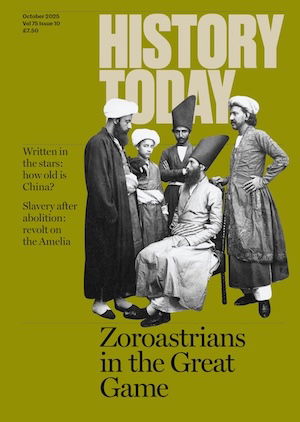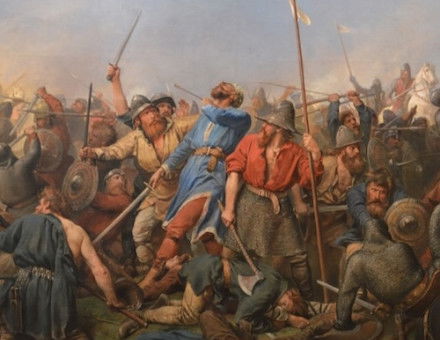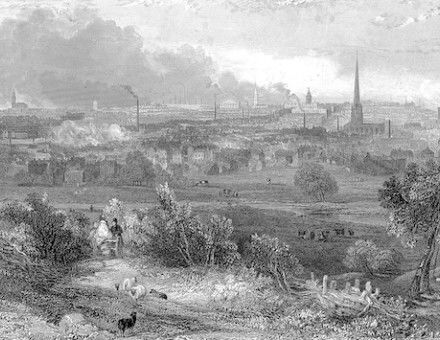Why did the Habsburg-Valois Conflict Last so Long
Stewart MacDonald asks a key question of the wars which dominated the history of Europe in the First half of the Sixteenth Century.
The conflict between the Habsburg Emperor Charles V (1500-1558) and the Valois King of France Francis I (1494-1547) commenced in 1521 and came to an end in 1559 in the reigns of their successors, Philip II and Henry II. Actual fighting took place in the years 1521-29, 1536-38, 1542-44 and 1552-59. The wars were immensely damaging to the kingdom of France, to the empire of Charles V and indeed to Christendom as a whole. The ravages inflicted by such interminable warfare arguably helped to prepare the ground for the great upheavals of the sixteenth century: the Protestant Reformation in Germany, the Revolt of the Netherlands and the French Wars of Religion. It is, then, clearly important to evaluate the reasons why this momentous conflict lasted for such a long period.





